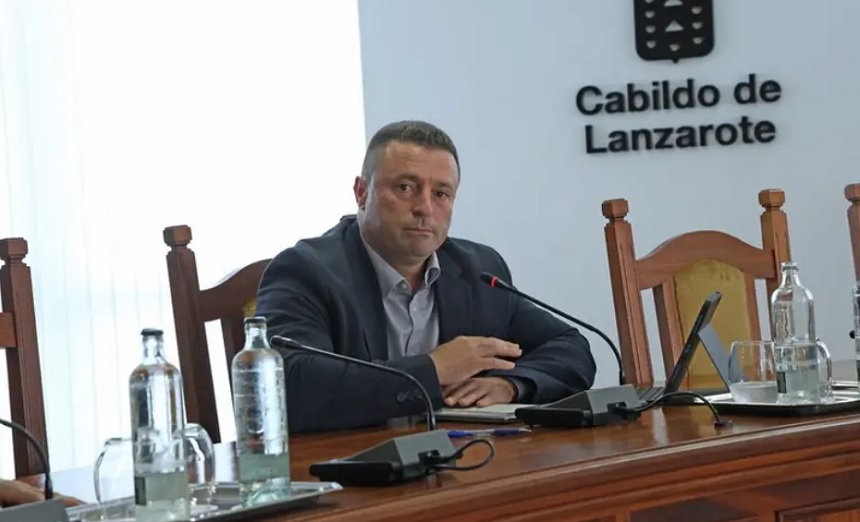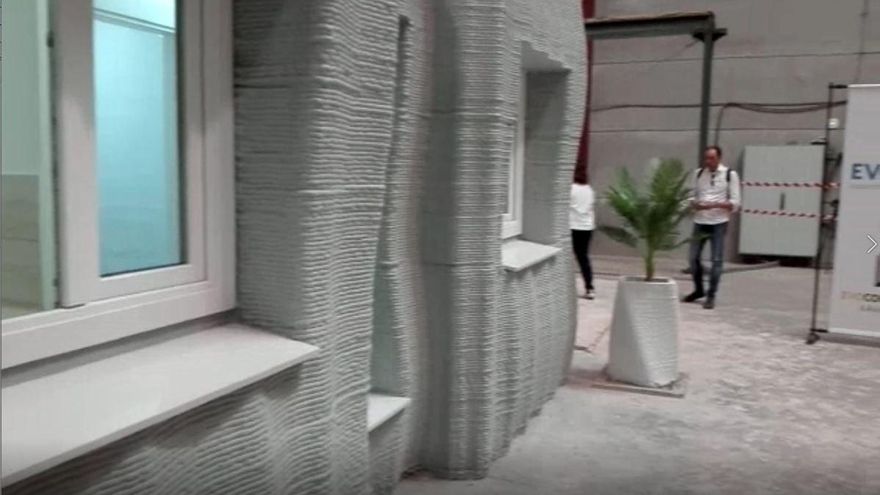Construction Approved for Photovoltaic Plant and Tunnel Renovation in Tenerife

The project includes the construction of a photovoltaic plant and a renovation of the Erjos tunnel.
SANTA CRUZ DE TENERIFE, 8 Sep. (EUROPA PRESS) –
The Ministry of Public Works, Housing and Mobility of the Canary Islands Government, through the General Directorate of Road Infrastructure, has technically approved the second modification of the project for the completion of the Tenerife Insular Ring in the segment between El Tanque and Santiago del Teide.
This new modification aims to significantly reduce greenhouse gas emissions, decrease reliance on fossil fuels, and modernise the safety facilities in the tunnel, in accordance with the provisions of Law 6/2022 on Climate Change and Energy Transition in the Canary Islands.
The El Tanque-Santiago del Teide segment is part of the so-called Western Closure, which connects the northern and southern corridors of the island.
This route will link the TF-1 and TF-5 motorways to the west, providing continuity to completed works between Adeje and Santiago del Teide in the south, and between Icod de Los Vinos and El Tanque in the east. This will achieve the completion of the Insular Ring, the infrastructure that underpins vehicular traffic across the island, according to a statement from the Ministry.
The projected road is conventional, featuring one lane in each direction and a design speed of 80 km/h.
Its layout spans a total length of 11.3 kilometres, with half of it running through tunnels or artificial tunnels, effectively doubling the roadway in these sections.
The most notable element is the Erjos tunnel, measuring 5.1 kilometres in length, which will allow for the preservation of the Teno Rural Park and the Erjos population without disruption, maintaining a region of high environmental value.
The tunnel exit is situated in the Santiago del Teide Valley, from where the road circumvents the urban area to connect with the Adeje-Santiago del Teide segment.
ENVIRONMENTAL MEASURES AND ENERGY EFFICIENCY
Modification 2 introduces a series of innovative sustainability measures.
On one hand, it includes the construction of a photovoltaic plant with a nominal power of 500 kW. This will be located above the false tunnel of the southern portal and will cover the energy needs of the infrastructure during normal daytime operations.
On the other hand, the project replaces the formwork lining in the tunnel with sprayed lining, improving adaptation to the irregularities of the excavation and reducing concrete consumption. This measure will help avoid approximately 32,000 tonnes of CO2 emissions into the atmosphere.
Additionally, the tunnel’s facilities have been updated to enhance safety, incorporating the latest technological advances in ventilation, lighting, communication, and control.
PHOTOVOLTAIC PLANT
Modification 2 outlines the construction of a self-consumption photovoltaic plant on the fill platform above the southern portal of the Erjos tunnel in Santiago del Teide.
The installation will have a power output of 589.68 kWp and will consist of 936 modules, each rated at 630 Wp, arranged in concrete structures with an 18º inclination and south-facing orientation.
The system will feature four 125 kW inverters that convert direct current to alternating current, and a 630 kVA transformation centre that will elevate the voltage to 20 kV for connection to the tunnel’s transformation centre.
With this installation, it is estimated that around 16% of the tunnel’s total energy demand will be covered, thereby reducing reliance on fossil fuels and ensuring a more efficient and sustainable management of the infrastructure.
The project also includes an update of the measurements in accordance with contracting legislation, resulting in an increased budget for the award, amounting to €21,488,958.93, which represents an 8.9% increase over the current budget.
The works are being executed by the joint venture formed by the companies FCC, El Silbo, and Syocsa-Inarsa.














